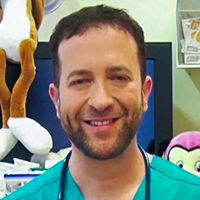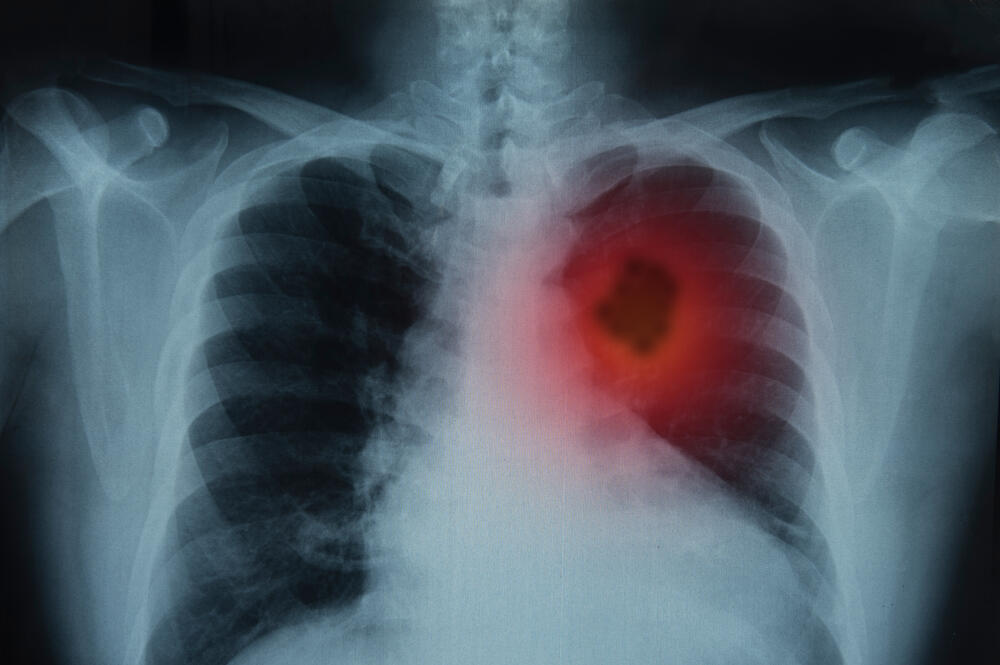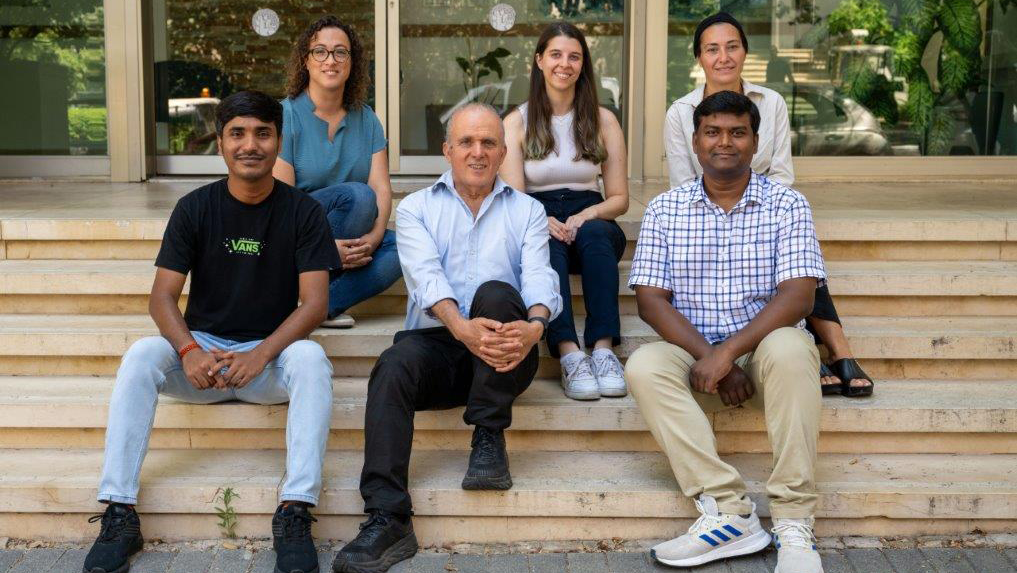Researchers at the Weizmann Institute of Science say they may have discovered a compound that might enhance its treatment Lung cancer, one of the more prevalent malignancies in the world. They say that in trials of the biological drug Erbitux, on lab mice, they found it could inhibit the growth of cancerous tumors.
More stories:
Following their initial findings that were published in the Cell Reports Medicine Journal, the researchers plan to assess the drug's effectiveness on lung cancer patients.
In the new study, led by Prof. Yosef Yarden, an Israel Prize laureate for his cancer research, Erbitux’s effects on tumors with a mutation in the EGFR gene were examined. This gene mutation is responsible for about one-tenth of lung cancer cases. Drugs developed in the last decade offer treatment for this group of patients, but are effective only in the short term: Within about a year, the cancerous growths learn to override the treatment.
"We found a potential biological marker that could change the course of treatment," Prof. Yarden said. "Just as certain mutations in the BRCA gene predict the response to drugs used for breast and ovarian cancer, the marker we've discovered might enable personalized treatment for lung cancer with improved chances of success," he said.
"Lung cancer is influenced by various pollutants in tobacco smoke and the air," he explains. "Our research focuses on mutations that are likely caused by microscopic particles that everyone is exposed to due to air pollution. Some 12%-15% of lung cancer patients in Israel suffer from the EGFR mutations we’re researching. In more polluted countries, this prevalence might even reach 35% of cases," prof. Yarden said adding that this type of lung cancer ranks second in frequency after cancer typically associated with cigarette smokers.
EGFR (Epidermal Growth Factor Receptor) is a protein on the cell membrane that receives signals from the environment, instructing the cell to grow and divide. A malfunction in this mechanism due to mutations in the gene encoding for EGFR can lead to uncontrolled cell division and the development of cancerous tumors.
A review of clinical studies conducted by Dr. Ilaria Marrocco, a participant in Prof. Yarden's study, revealed that there are dozens of mutations in the EGFR gene. However, all patients receive similar treatment regardless of their specific mutation type.
These drugs are effective in the short term, but within a few months, the cancerous tumor mutates again and other genetic changes enable it to develop resistance to the treatment.
In an attempt to explore personalized treatment options, the researchers classified lung tumors based on the types of mutations in the EGFR gene. They chose to focus on the L858R mutation, which appears in about 40% of patients. This mutation causes a change in the identity of one amino acid in a sequence of hundreds of amino acids that make up the EGFR protein. Unfortunately, this single change is enough to trigger a severe illness.
"In cancer cells carrying this mutation, pairs of EGFR receptors located on the cell membrane must connect in order to transmit the division command to the cell nucleus," Prof. Yarden explained. Using a mouse model of lung cancer with the L858R mutation, we discovered that, if this pairing does not occur, it's like a short-circuit—the signal to initiate cellular replication cannot be sent to the nucleus, and the tumor does not grow,” he adds.
To prevent the receptors from paring and preventing replication, researchers used Erbitux, which is based on an inhibitor that binds to a receptor and prevents its pairing with another receptor. This drug was developed based on research by Prof. Yarden and Prof. Michael Sela and was approved for use against colorectal, head, and neck cancer.
To test its effectiveness against lung cancer growths with the L858R mutation, researchers used tumor samples taken from human patients and implanted them in mice. "After the treatment with Erbitux, the lung tumors of mice shrank and did not reappear, not even after a long while," Prof. Yarden said.
"These results indicate that, for the large number of human lung cancer patients who have the L858R mutation, a single drug might offer a path toward full recovery, without the devastating phenomenon of cancer relapse."
Why did previous treatment attempts using Erbitux fail or yield non-conclusive results?
"According to our findings, it’s apparent that if Erbitux is the first choice of treatment for patients with this specific mutation, cancer won't develop resistance from the outset."
The researchers hope that if the clinical trials replicate the current findings, the drug will be approved for use fairly quickly. "This could help save lives," Dr. Marrocco said. "There’s real potential here for effective and personalized treatment for a large group of lung cancer patients."






